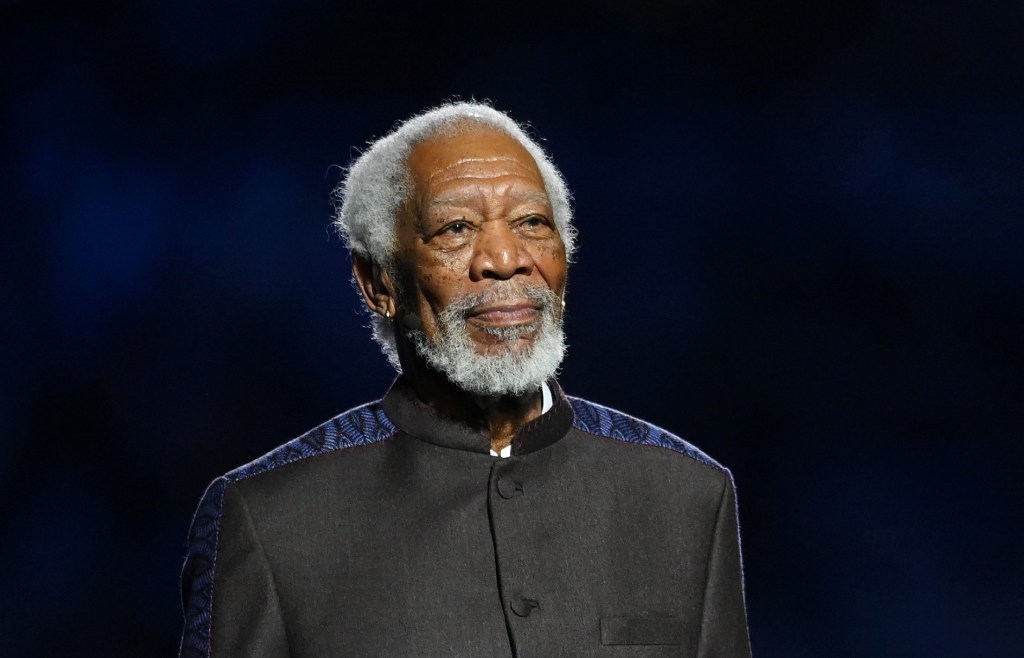Lori McCreary, the CEO of Morgan Freeman‘s production company Revelations Entertainment, shared concerns about AI’s upheaval, and potential misuse in the motion picture industry, and in her sphere, it boils down to the rampant replication of the Oscar winner’s voice.
Typically for McCreary she’s the arbitrator of what’s real and not real when it comes to Freeman’s likeness and majestic baritone that’s out there; she knows what he’s shot and what he hasn’t.
Six months, Revelations SVP of Production Kelly Mendelsohn sent McCreary a link to a Freeman video/audio in which he said, “Kelly, I love you, but you’re fired.”
“I could tell it wasn’t real,” says McCreary at the Produced By panel today “AI: What Every Producer Needs to Know”
“I could tell it wasn’t real,” said the former PGA President, “Literally, it was done by (Kelly’s) her 11-year old cousins.”
However, one day McCreary was fooled.
She received a video of Freeman in what appeared the actor was promoting a book. McCreary called the Unforgiven star and his make-up artist to double check whether the promo was actually shot; that’s how good the footage was.
McCreary told Produced By attendees that when it comes to the hazards of AI, “As a community we need to get ahead of it. Let’s try to build the tool and get the tools ready so when things come out, we know that they’re real. I’d like to have a bug that says this is the real Morgan.”
Renard T. Jenkins, the President of I2A2 Technologies, Labs & Studios and the President of the Society of Motion Picture and Television Engineers, also sitting on today’s panel, mentioned he was working on a solution to deepfakes, essentially something akin to a watermark. However such actions needs the assistance of the major studios in creating an infrastructure and ecosystem which will allow creators to track and ecostyem that will laow for us to track every single iteration of a piece of content from origin to distribution. McCreary hopes the PGA, similar to how they helped with the content protection of films’ digital files, can have a hand in setting up AI guard rails in the future.
“There is no federal AI act like what we’re seeing Europe,” added Ghaith Mahmood, partners of law firm Latham & Watkins, also on today’s session “But if had to predict where more laws will be passed, it’s around deepfakes. Because lawmakers are specifically hyper-conscious of their own deepfakes.”
Mahmood mentioned that in March, the Elvis Act was passed in Tennesse, which reads that a voice is part of one’s publicity rights, one’s image and likeness. Essentially another person can’t use your voice without your permission. The act also read that if one’s voice, likeness is distributed, and stimulated from an AI model, that’s forbidden by law.




